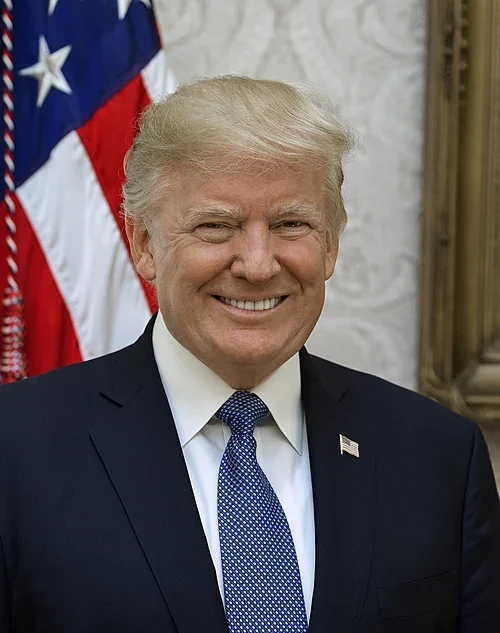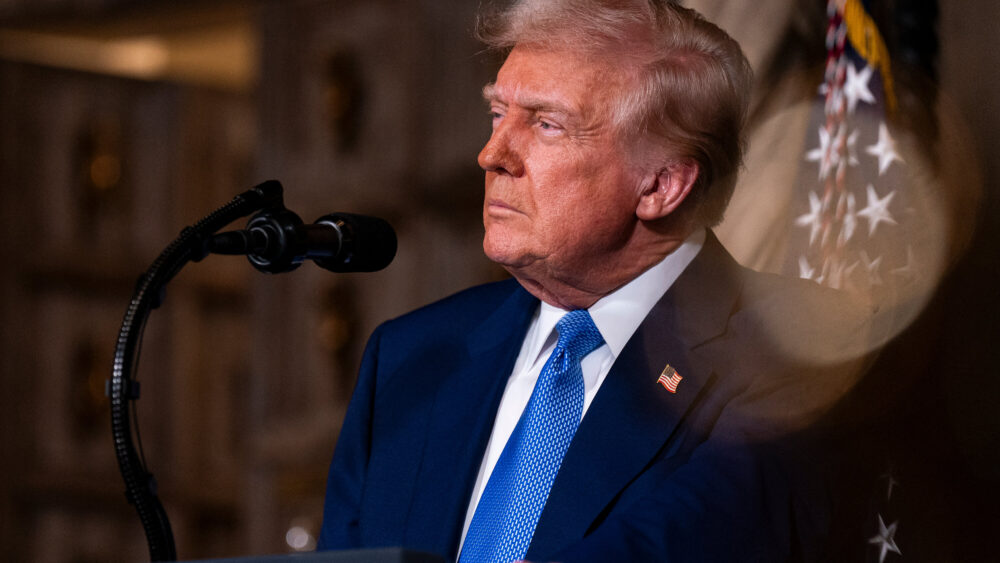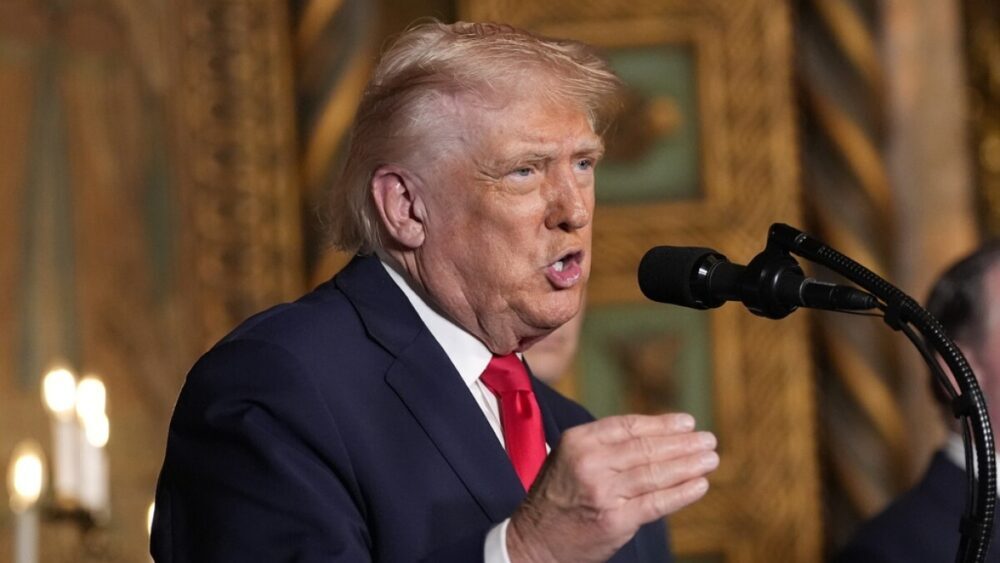A federal appeals court has ruled in a 7–4 decision that former President Donald Trump exceeded his legal authority when he used emergency powers to impose sweeping tariffs. The judges concluded that the International Emergency Economic Powers Act was never meant to grant a president such broad authority to levy taxes on imports.
Although the court ruled the tariffs unlawful, it allowed them to remain in place until mid-October, giving the administration time to appeal to the U.S. Supreme Court.
Reacting strongly, Trump criticized the decision as partisan and warned it would “literally destroy the United States of America” if upheld. He vowed to take the case immediately to the Supreme Court, arguing that the tariffs are essential to national security, economic protection, and strengthening American industries.
The administration has asked for an expedited review, hoping for a ruling before the end of the year. Treasury officials cautioned that if the Supreme Court strikes down the tariffs, the government may have to return tens of billions of dollars already collected—posing serious financial risks.
The case could redefine the limits of presidential authority in trade policy and mark a turning point in how much power future presidents will have to shape economic policy without direct congressional approval. For now, the tariffs stay in place, but the final outcome rests with the nation’s highest court.















